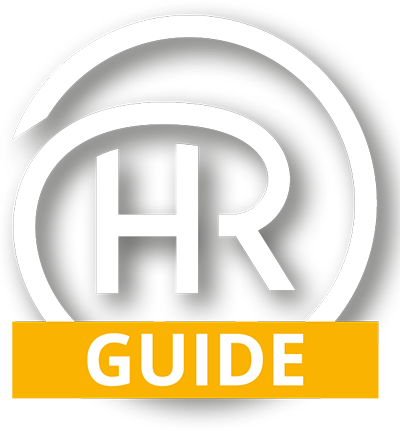Understanding the Working Time Regulations - a step by step guide
Written by Andrew Johnson, Founder and CEO HRGuide - Wed 23rd Oct 2024
The Working Time Regulations 1998 is the law that applies the EU Working Time Directive to England, Scotland and Wales. The law is primarily designed to protect workers health, safety and wellbeing. The law applies to the following groups:
- employees
- workers
- agency workers
- apprentices
- casual and seasonal workers
- doctors in training
- zero-hours workers
The law on working time (The Working Time Regulations 1998) sets rules for many aspects of a worker’s working time. These include:
- the maximum weekly working hours, and how someone can work more hours if they choose
- breaks during the working day, week and year
- young workers' maximum working hours and rest breaks
- night work
- special arrangements when there's an emergency or if someone is not able to take their rest
- holiday entitlement
Definition of Working Time
By law, working time is when someone is:
- at the employer's 'disposal' – this means the employer can tell them what they can or cannot do in that time
- carrying out work activities, duties and training
Working time also usually includes time spent:
- travelling to a customer or client, for example if the job is a travelling salesperson or rep
- training that someone needs to do the job
- being on call while at the place of work, for example a hotel night porter who needs to be available in case guests need them
What does not count as working time?
Working time usually does not include:
- routine travel to and from home and the workplace if the person has a set workplace, for example a regular commute to an office or factory
- rest breaks when no work is done
- travelling outside of normal working hours, for example to get to a conference
- training that is not work related, for example a course the person has chosen to organise and do for themselves
Managing Working Time
Managing Working Time starts by keeping accurate records of hours worked. Whilst an employer does not need to keep records of all daily working hours, they have to keep records to prove that:
- employees are not working more than the 48-hour weekly maximum – this is unless they have an opt out agreement
- they are not breaking limits for night working
- they have offered regular health assessments for night workers
- young workers are not working during a restricted period
These records must be kept for 2 years from the date they were made.
NOTE: Since most employers have to record working hours for payroll purposes and often use a clocking in and out system it is good practice to keep records of all hours worked to cover all eventualities. This can prevent disputes and protect the safety and wellbeing of their employees and give the employer piece of mind
What are the Risks if an employer does not follow the law for Working Time
If an employee thinks their employer is not following the law for working time, they could first try resolving it by:
- talking with their employer informally
- raising a formal grievance through the company’s grievance procedure
If the employer still does not resolve it, depending on the issue the employee may be able to:
- make a claim to an employment tribunal
- An employee can make a claim to an employment tribunal if their employer has not followed the law on any of the following:
- rest breaks during the working day of at least 20 minutes, if the employee is expected to work more than 6 hours during the day
- daily rest of 11 hours between working days
- weekly rest of 24 hours any 7-day period, or 48 hours in a 14-day period
- holiday entitlement
- They may also be able to claim if they have experienced detriment or been dismissed because they raised a concern about working time.
- An employee can make a claim to an employment tribunal if their employer has not followed the law on any of the following:
- Alternatively, an employee could report it to the Health and Safety Executive (HSE) or their local authority. Typically if an employee works on a building site, in a factory, at a hospital or school they would report an employer to the Health and Safety Executive. If an employee works for a hairdresser, a health club or an office they would report an employer to the local authority.
Conforming to the Working Time Regulations keeps you inside the law and ensures your employees work in a safe place and their wellbeing is maintained.
Download our more detailed step by step HR How to Guide for more detail on goal setting by subscribing to https://www.hrguide.co.uk/subscribe.php
If our step-by-step HR How to Guide doesn’t give you the support you need, simply call us on our HR Helpline for expert advice.

